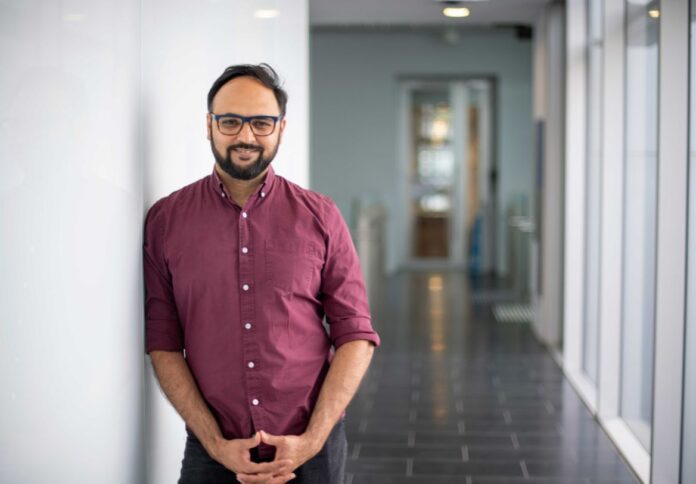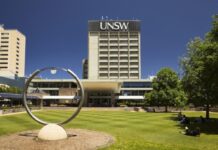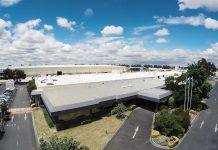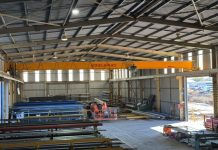
Walter and Eliza Hall Institute of Medical Research (WEHI) has received a $900,000 grant from the Medical Research Future Fund for a research study that could produce a vaccine for patients with hard-to-treat cancers.
The project, dubbed “A novel stem cell-derived manufacturing platform for next-generation dendritic cell vaccines,” seeks to enhance an emerging form of immunotherapy to improve outcomes for people with cancers that do not respond well to existing treatments, including chemotherapy.
The study could lead to a groundbreaking clinical trial for pancreatic and lung cancer patients within the next three years.
Conducted in collaboration with the Peter MacCallum Cancer Centre, the project involves enhancing dendritic cell-based vaccines and supercharging the patient’s own cells to fight cancer.
The latest project is based on a landmark discovery of DC1s at WEHI 30 years ago and could lead to the first clinical trial of its kind for cancer patients.
Dendritic cells (DC) serve as the body’s immune sentinels that alert and get rid of foreign invaders, including cancer.
Project lead Associate Professor Shalin Naik said DC-vaccine therapies have been subject to research in the past years but have involved the “wrong” DCs.
Naik said his team discovered a novel way to generate hundreds more of the “right” type of DCs, known as DC1, which are capable of boosting the immune system’s response from a patient’s stem cells.
“If successful, our project will lead to the very first DC1 vaccine platform, based on the engineering of human stem cells,” Naik said.
The team hopes the project will lead to the manufacturing of DC1 vaccines for future Phase I clinical trials in Multiple Myeloma and solid cancers, such as breast and colon cancers.
“Given our great track record of generating DC1s, we are confident we can achieve this goal within the next three years, to help transform the quality of life for many cancer sufferers in Australia and around the world,” Naik said.
The project also received financial backing through the Australian Government Department of Health and Aged Care’s Stem Cell Therapies Grant Opportunity.




















